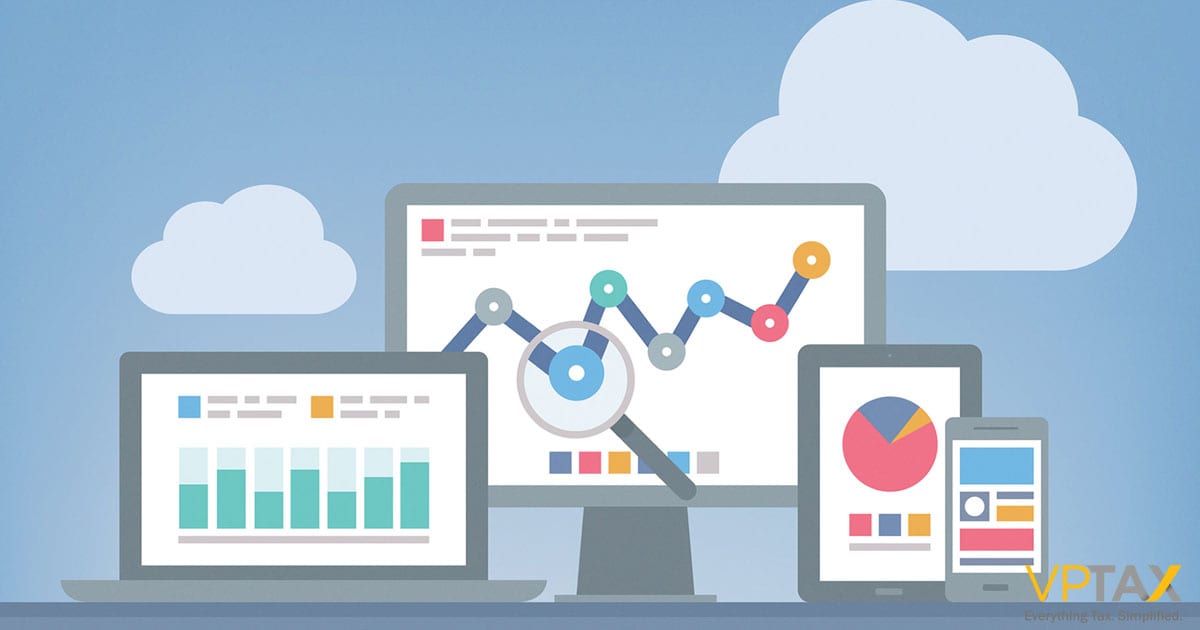
Tax Tips & Triage – “Wayfair” for SaaS Companies
SCOTUS Decided! But what does “Wayfair” mean for SaaS companies?
In our last publication about the Wayfair case we talked about the states’ right to impose their sales tax laws (both the tax itself as well as the obligation to collect and remit on their behalf). We believe the Wayfair decision could greatly expand the states’ rights even for those states that do not have an “economic nexus” law in place. If you missed it, click here.) In today’s episode of Tax Tips & Triage, we will focus in on one industry which happens to cover a large portion of our client base, SaaS companies.
I’m a SaaS company, why do I care about “Wayfair”?
Granted Wayfair, as a business, send tangible goods into the states. SaaS companies, by definition, do not sell tangibles goods. So, if you are a SaaS company, you can just ignore all the buzz about Wayfair, right? Well, not really…
Considering the shift from brick and mortar to online retail, states have been losing their sales tax base. To combat their loss of tax revenues, states have been looking to assert sales tax rules on companies with a mere “economic presence” within the state, rather than the tried and true “physical presence” (i.e. established under the Quill case).
Wayfair didn’t think this was fair, so decided to take South Dakota to court. Unfortunately, Wayfair lost.
There are currently 21 if 51 jurisdictions (including DC) that tax SaaS, and of these 8 states have “economic presence” rules already in place. The Wayfair case, while based on specific facts within that case, essentially reinforces that the current state law of these 8 states will more-likely-than-not be upheld, should you decide to challenge it. And it opens the strong possibility that even those states without an existing “economic presence” rule can simply begin to impose their tax without changing their law because the Wayfair decision is an interpretation of a very old law NOT a new law.
So…if you haven’t already looked at the 21 states plus DC and their rules around SaaS, you probably should. To give you a head start, here’s the list as of today:
| AL | AZ | CO | CT | DC | HI | IL |
| IN | MA | MS | NM | NY/NYC | OH | PA |
| SC | SD | TN | TX | UT | WA | WV |
Note: There are also local jurisdictions (eg: many cities in CO, IL, NY etc in which SaaS is subject to tax.)
And, again, stay tuned…. we won’t be surprised if, by the end of 2018, a number of states update their economic presence AND SaaS rules.